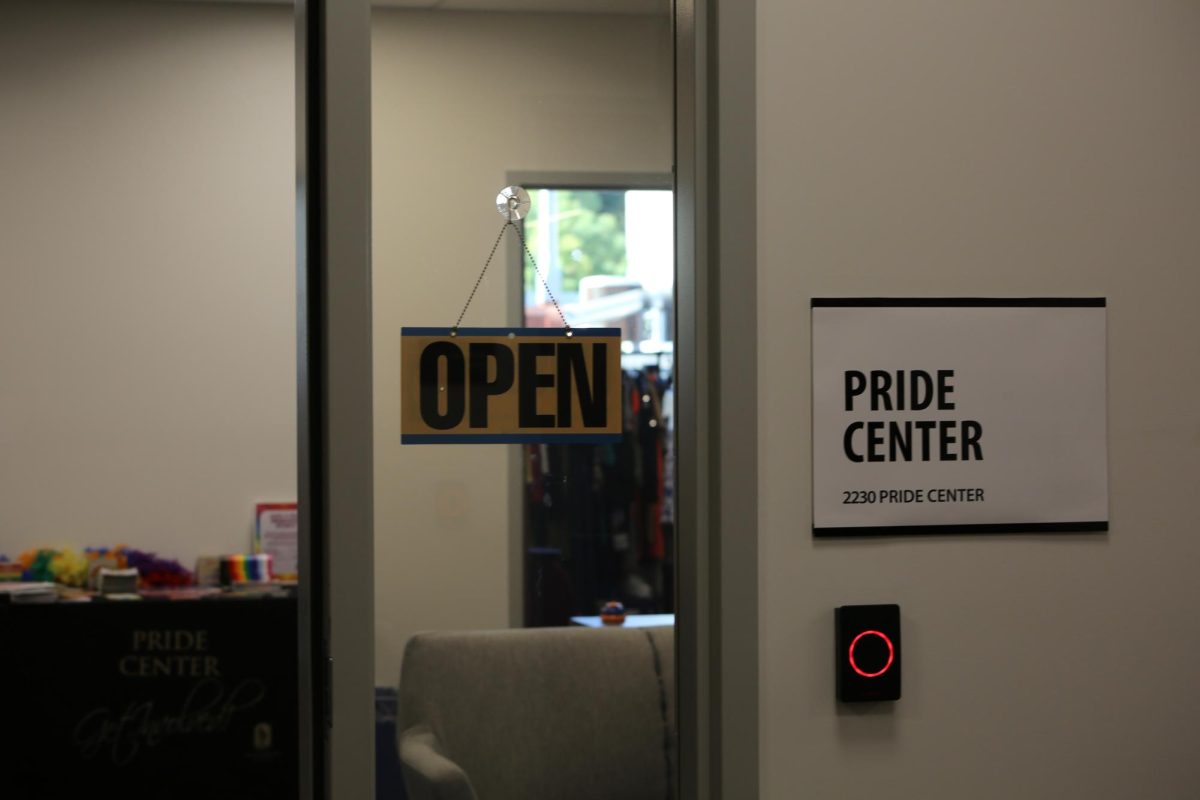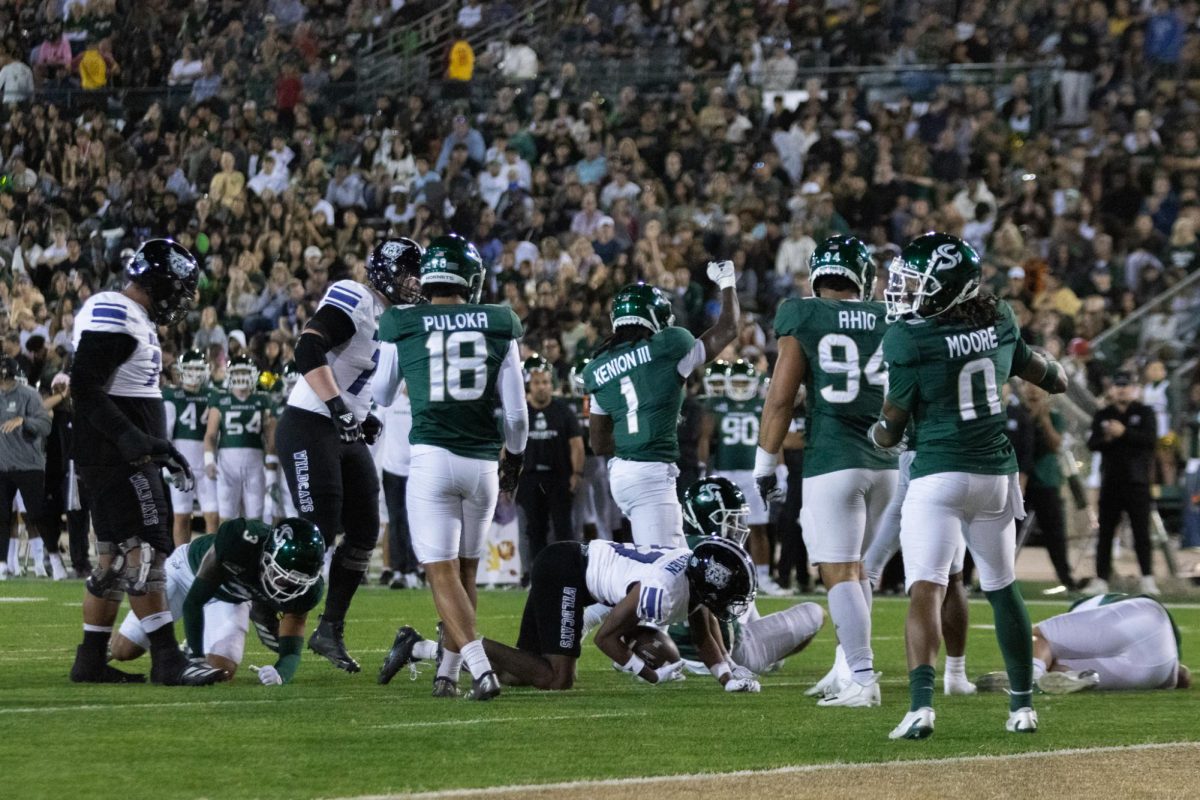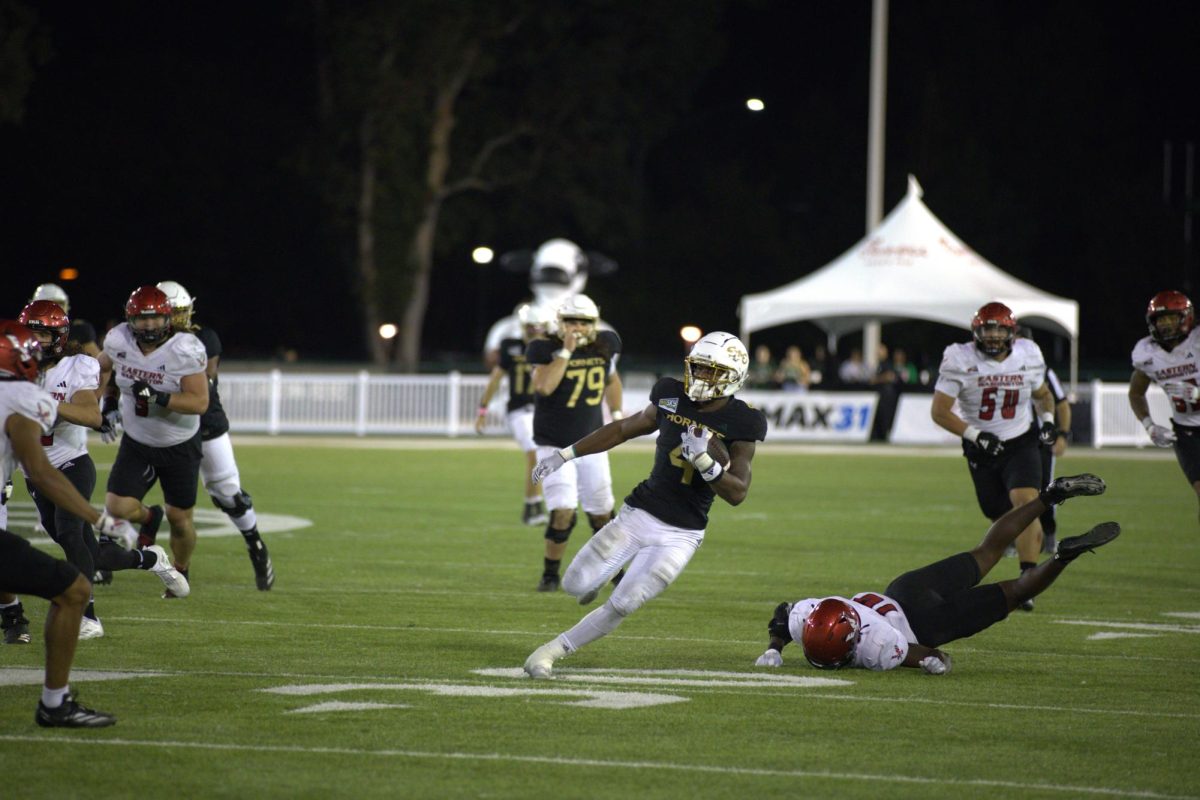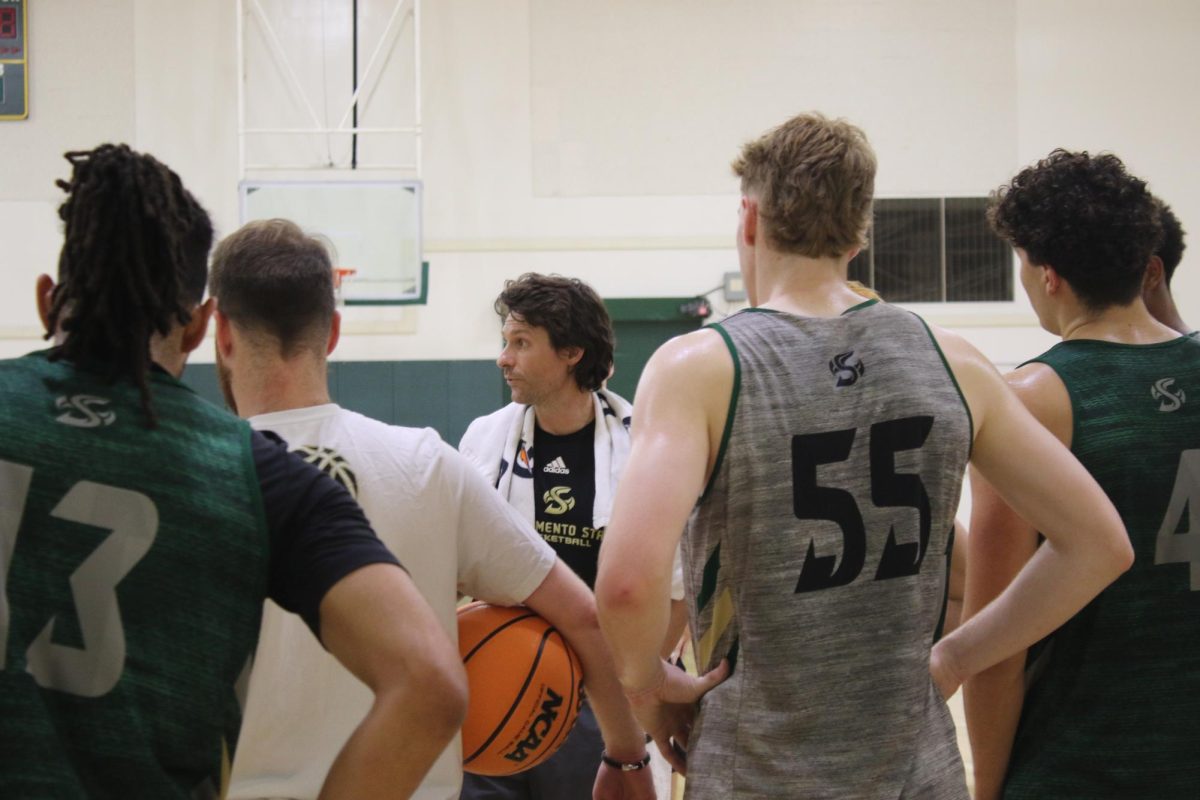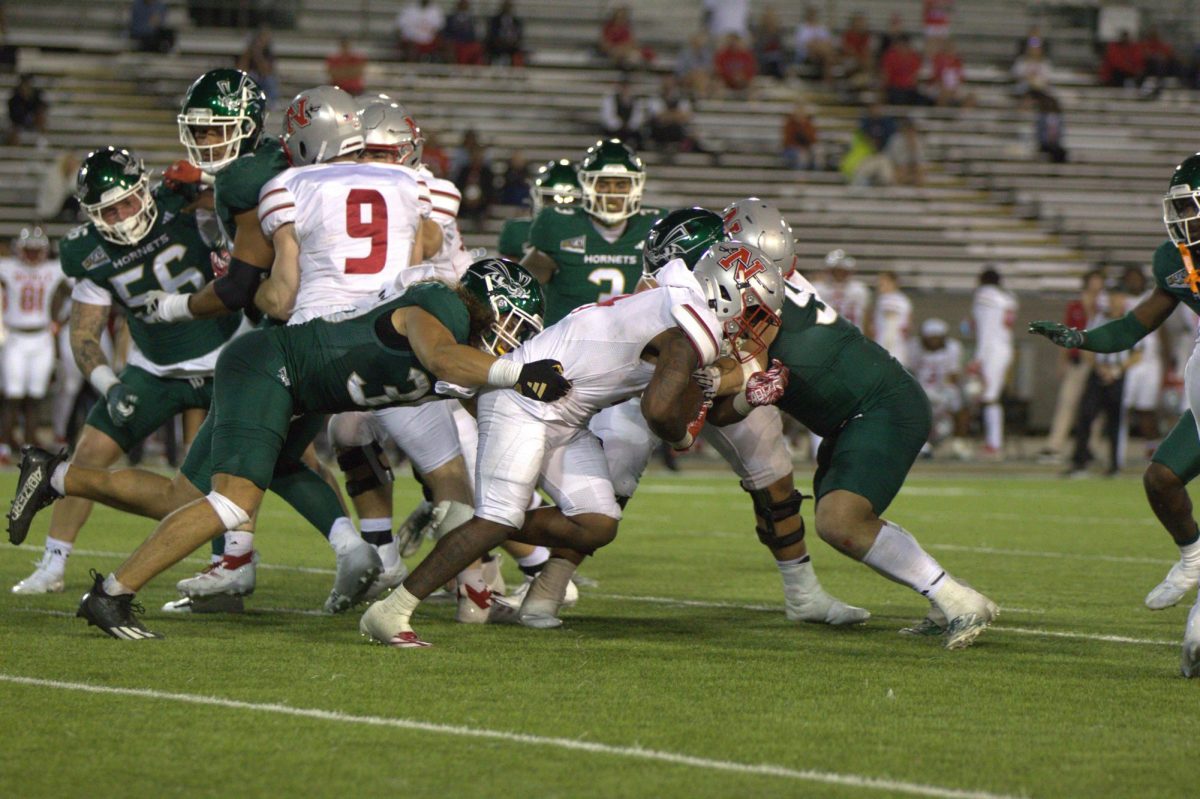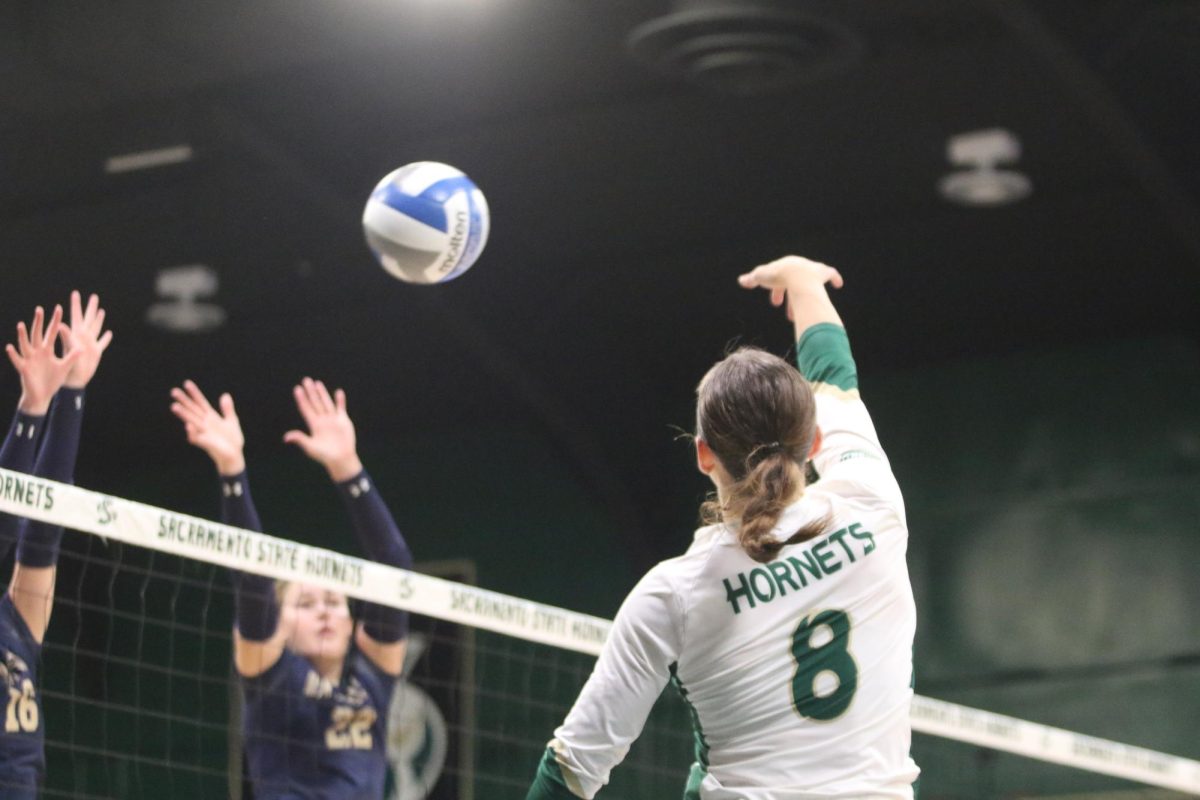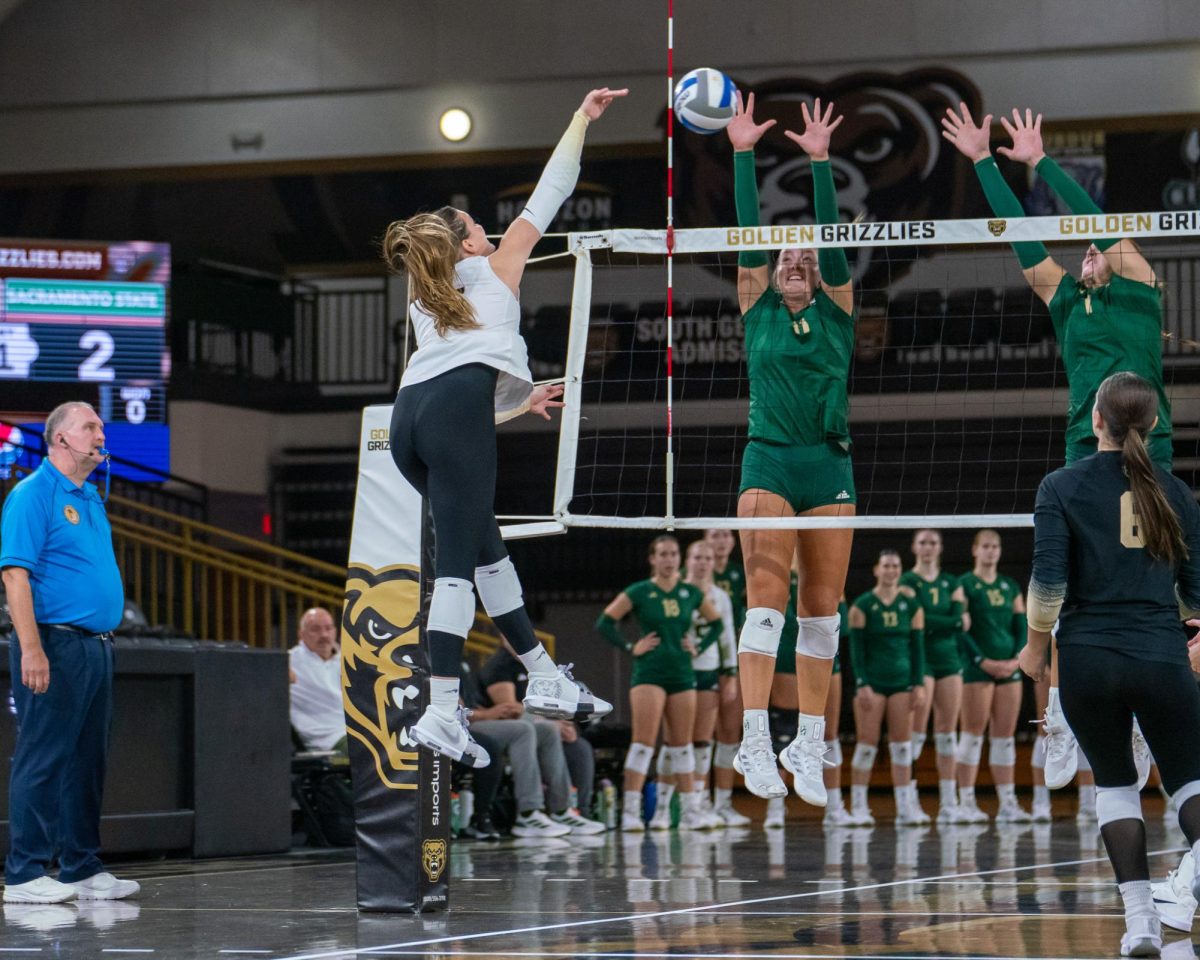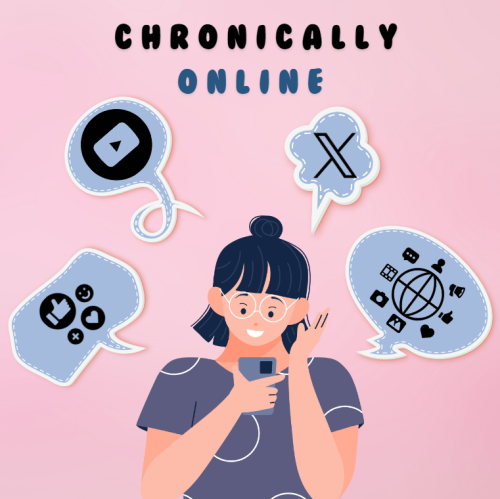Diary of a Bookworm: ‘The Bromance Book Club,’ a disappointing read, like most contemporary romance novels

Illustration by Mercy Sosa. Graphic created in Canva.
December 1, 2022
Dear diary, the first rule of book club is you don’t talk about book club. But I’m going to do just that.
“The Bromance Book Club” by Lyssa Kay Adams is the first book in the Bromance Book Club series. When I picked it up, I was excited to see a change from the normal contemporary romance structure.
Contemporary romance is a popular subgenre in the romance book community. Many readers prefer to read just contemporary while others like more intense genres like dark romance.
However, the novels are hard to keep interesting if readers want more than the same concept and plot over and over, regularly seen in these types of novels.
In “The Bromance Book Club,” Gavin Scott, a professional baseball player for the Nashville Legends, and his wife Thea Scott are having trouble in their marriage after Gavin finds out his wife had been faking “the Big O” throughout their marriage.
To save their marriage and their family, Gavin is forced by his teammates into a book club of “Nashville’s top alpha men.” The men use romance novels as a way to take notes of what women like romantically and sexually and better their struggling relationships.
Adams’ writing follows a switching perspective between the main characters Gavin and Thea along with chapters of Courting the Countess, the book club’s romance novel, as a way for the reader to connect with Gavin’s reading experience.
The relationships between the men in the book club bring a fresh perspective and a sense of humor to a genre predominantly dominated by female problems and experiences.
“The Bromance Book Club” skips the meet-cute, friends-to-lovers introduction and goes straight to the good stuff. However, it failed to meet my expectations of breaking the modern contemporary romance archetypes I don’t enjoy reading.
One of my main pet peeves in reading romance novels is the “miscommunication trope.” I won’t necessarily classify the trope of this novel as a miscommunication but the entire book could have been better if the characters communicated their issues firsthand.
After Gavin finds out Thea had been faking her orgasms throughout their marriage, he takes a hit to his ego and gives her the silent treatment, moving into the spare bedroom. Thea, unable to stand being ignored anymore, asks Gavin for a divorce.
While I do think Gavin over-exaggerated his reaction to Thea’s confession, what frustrates me the most is Thea’s reaction to Gavin trying to save their marriage.
One Goodreads user sums it up perfectly by saying “Gavin didn’t need to win his wife back, he needed a new wife.”
Thea was hard-headed, temperamental and overall annoying. She never considered what Gavin was doing to fix their marriage, taking her on dates, taking care of the kids and supporting her decision to go back to school.
She always hoped he would pay attention to her and when he finally did she was too naive and conceded to notice his effort in fixing their relationship.
The issue with Thea stems from the way Adams wrote the character. While I understand the character is fictitious and the tone she was written in makes her seem ready to move on from her marriage, her unreasonable nature only broke my suspension of disbelief and took away from the narrative.
A key aspect of an adult romance novel is sexual relationships. Once again, Adams failed to meet expectations, only having one actual sex scene at the novel’s end. Why build up an entire plot based on wanting to fix a failed sex life just to have one intimate sex scene at the very end?
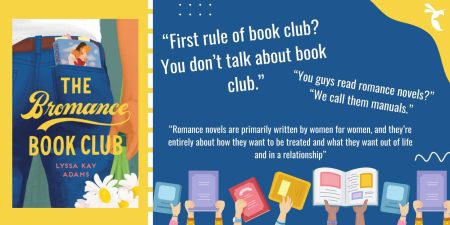
Other contemporary romance novels deal with the same issue such as “The Love Hypothesis” by Ali Hazelwood and “Beach Read” by Emily Henry. They build an entire relationship based on romantic and sexual attraction when only having one or very few actual sex scenes.
It may be good for people who don’t enjoy heavy erotica but it frustrates readers when books are labeled as “steamy” or “erotic” and once again are disappointed by the lack of sexual content.
My failure to enjoy this novel comes from my dislike for basic contemporary romance novels. The repetitive structure of these types of books makes it easy for the reader to incline as to what will happen next.
Over time this setup can begin to bore and frustrate seasoned romance novel readers. They are good for beginners but for someone who needs more than basic romance, this book may not be for them.
Sincerely, a bookworm.





